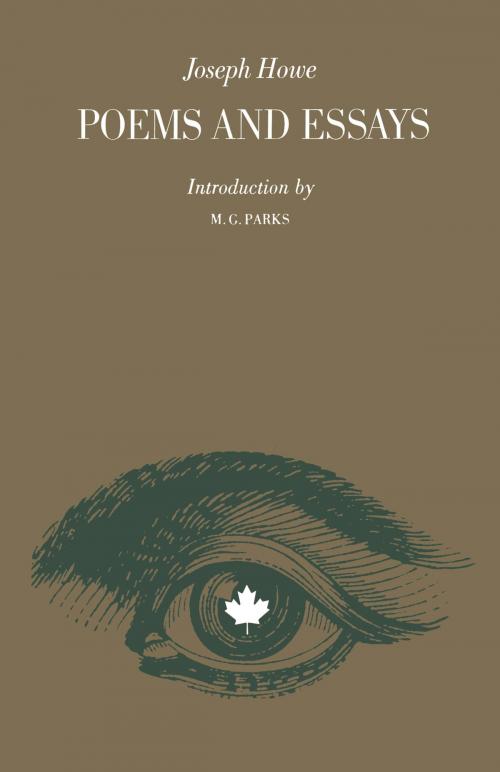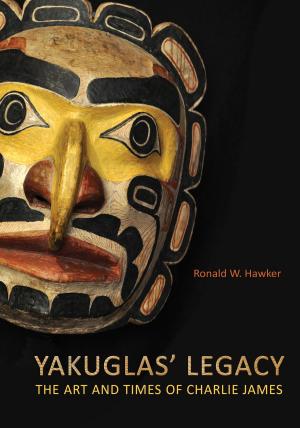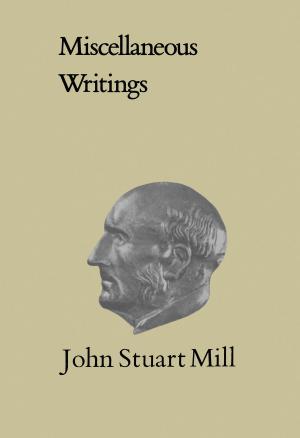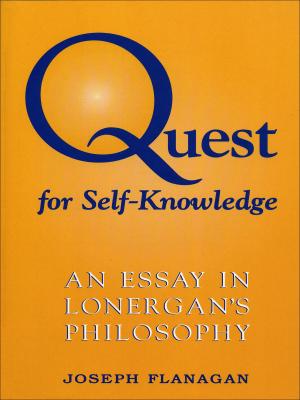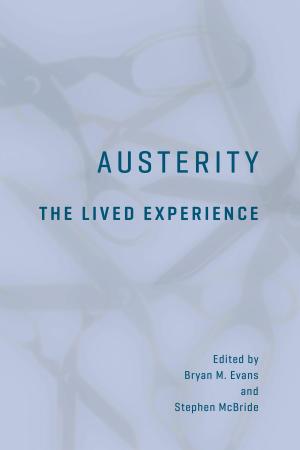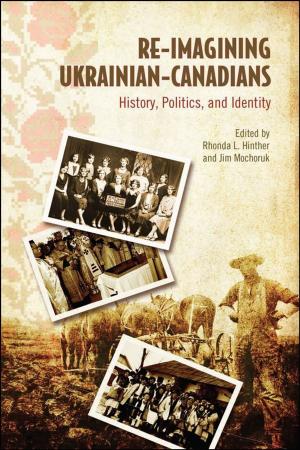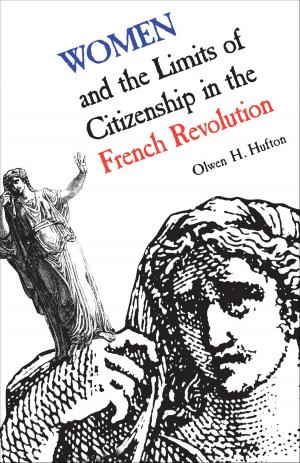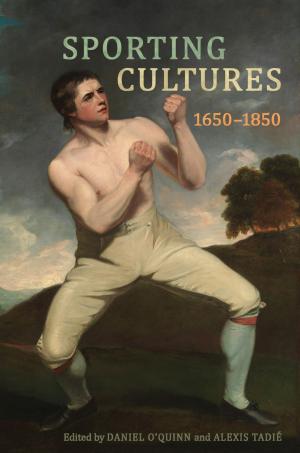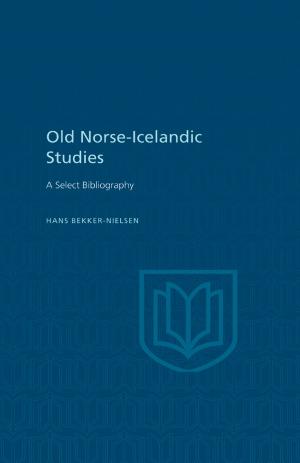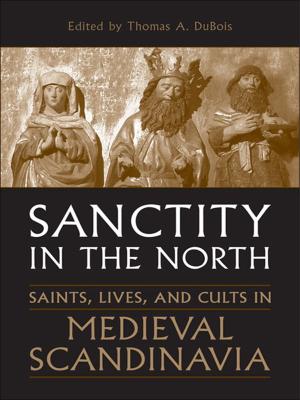Poems and Essays
Fiction & Literature, Literary Theory & Criticism, Canadian, Poetry History & Criticism| Author: | Joseph Howe | ISBN: | 9781487590314 |
| Publisher: | University of Toronto Press, Scholarly Publishing Division | Publication: | December 15, 1973 |
| Imprint: | Language: | English |
| Author: | Joseph Howe |
| ISBN: | 9781487590314 |
| Publisher: | University of Toronto Press, Scholarly Publishing Division |
| Publication: | December 15, 1973 |
| Imprint: | |
| Language: | English |
This volume, containing a selection of the poetry and prose of Joseph Howe, presents various aspects of a fascinating man who few Canadian know as other than the 'tribune of Nova Scotia' and a political giant of colonial times. Yet Howe was also a writer, and a good one. His intuitive grasp and pragmatic skill in political affairs were combined with wide-ranging intellectual curiosity, strong moral idealism, and a lively imagination. He revealed a vigorous strength in journalism and politics, in public life in general, and in his prose. His poetry admittedly was minor and colonial — he cultivated eighteenth-century verse models and habits of diction, which made him a second-generation Romantic in attitude and tone rather than in style — and its merit, according to David Munroe, Dalhousie Review, XX, 1941, 'lies principally in the deep sincerity which is characteristic of all good verse.' However, to understand the man and his times it is essential to understand the full extent of his endeavours; hence the significance of this book.
The selections in this volume were assembled after Howe's death by his ninth child, Sydenham. They include the unfinished poem 'Acadia,' various serious and sentimental poems, five essays originally written and delivered as speeches, and a moral tale entitled 'The Locksmith of Philadelphia.'
This volume, containing a selection of the poetry and prose of Joseph Howe, presents various aspects of a fascinating man who few Canadian know as other than the 'tribune of Nova Scotia' and a political giant of colonial times. Yet Howe was also a writer, and a good one. His intuitive grasp and pragmatic skill in political affairs were combined with wide-ranging intellectual curiosity, strong moral idealism, and a lively imagination. He revealed a vigorous strength in journalism and politics, in public life in general, and in his prose. His poetry admittedly was minor and colonial — he cultivated eighteenth-century verse models and habits of diction, which made him a second-generation Romantic in attitude and tone rather than in style — and its merit, according to David Munroe, Dalhousie Review, XX, 1941, 'lies principally in the deep sincerity which is characteristic of all good verse.' However, to understand the man and his times it is essential to understand the full extent of his endeavours; hence the significance of this book.
The selections in this volume were assembled after Howe's death by his ninth child, Sydenham. They include the unfinished poem 'Acadia,' various serious and sentimental poems, five essays originally written and delivered as speeches, and a moral tale entitled 'The Locksmith of Philadelphia.'
